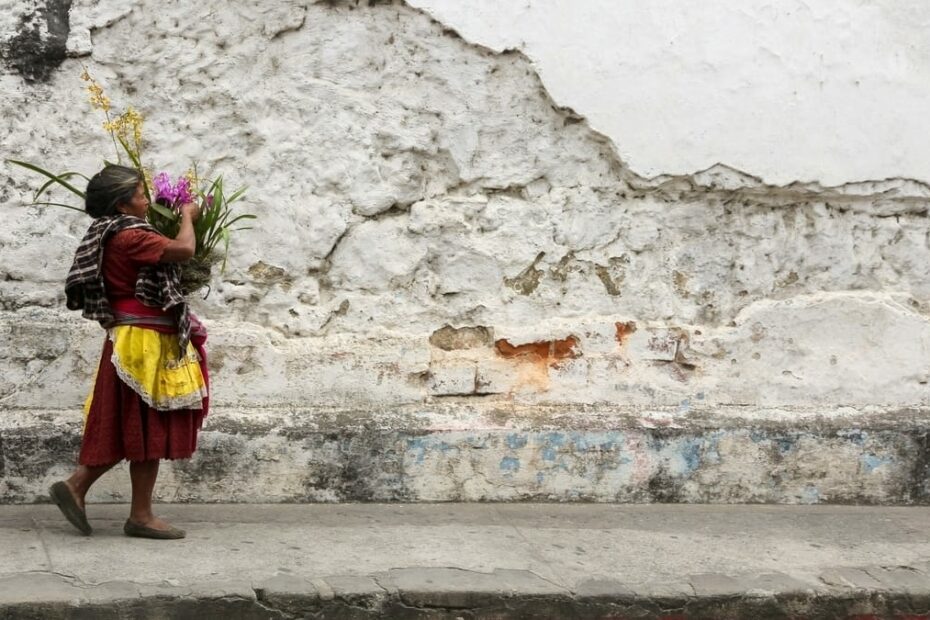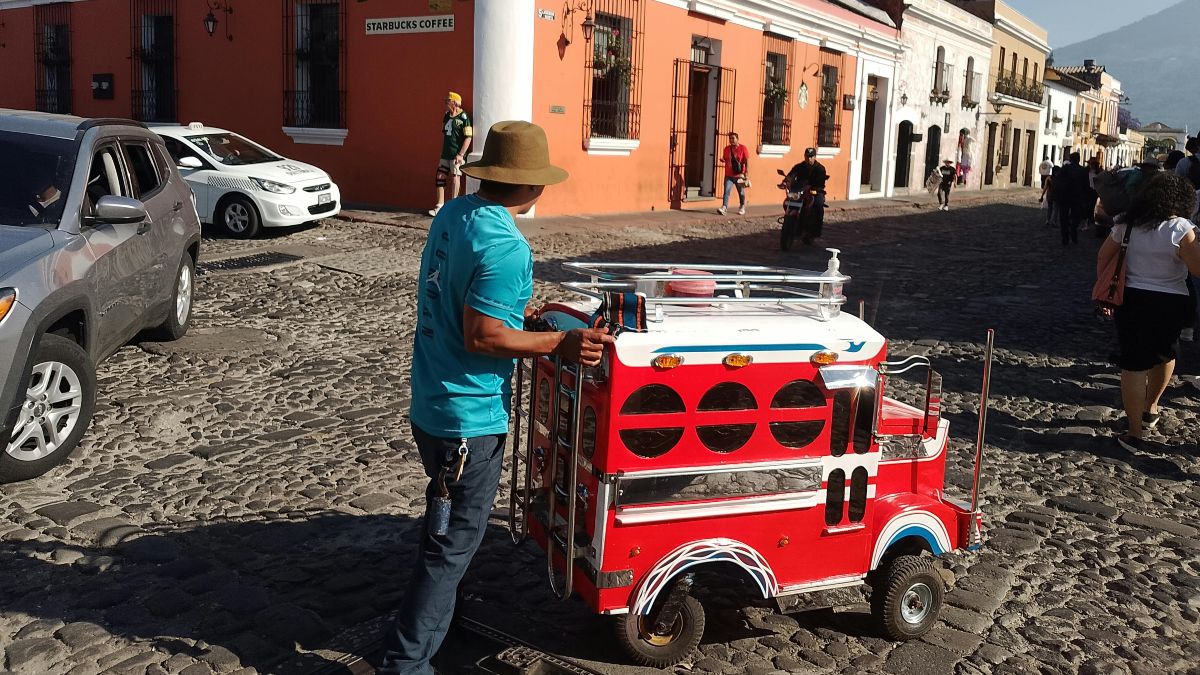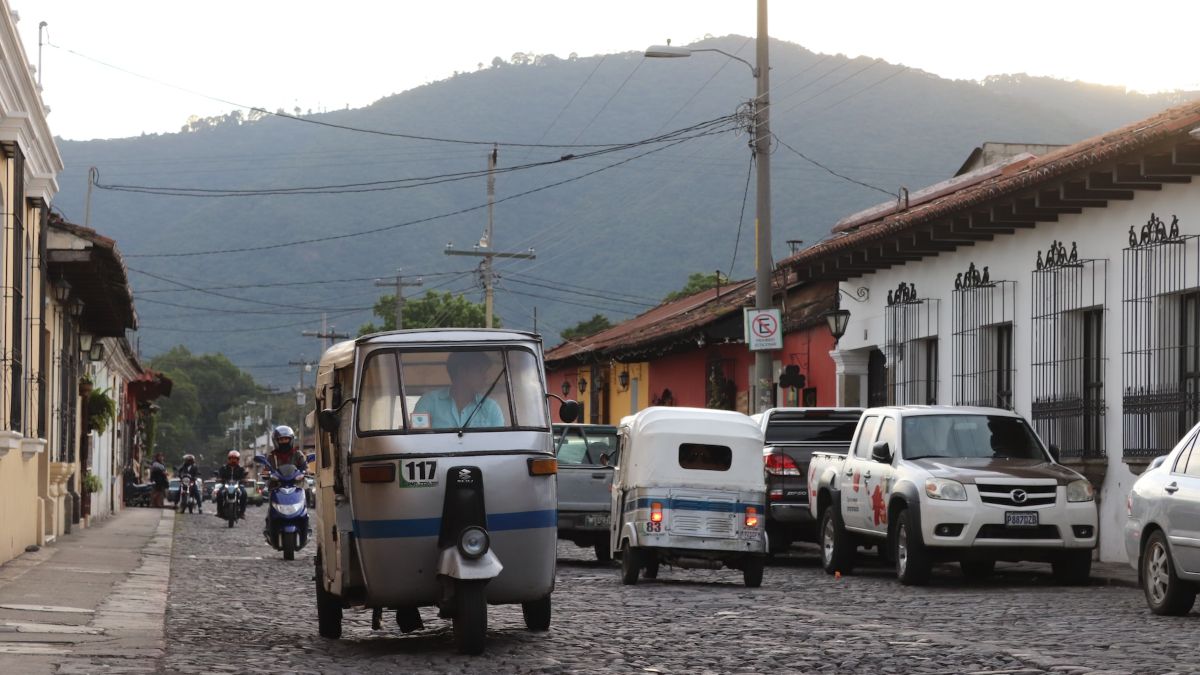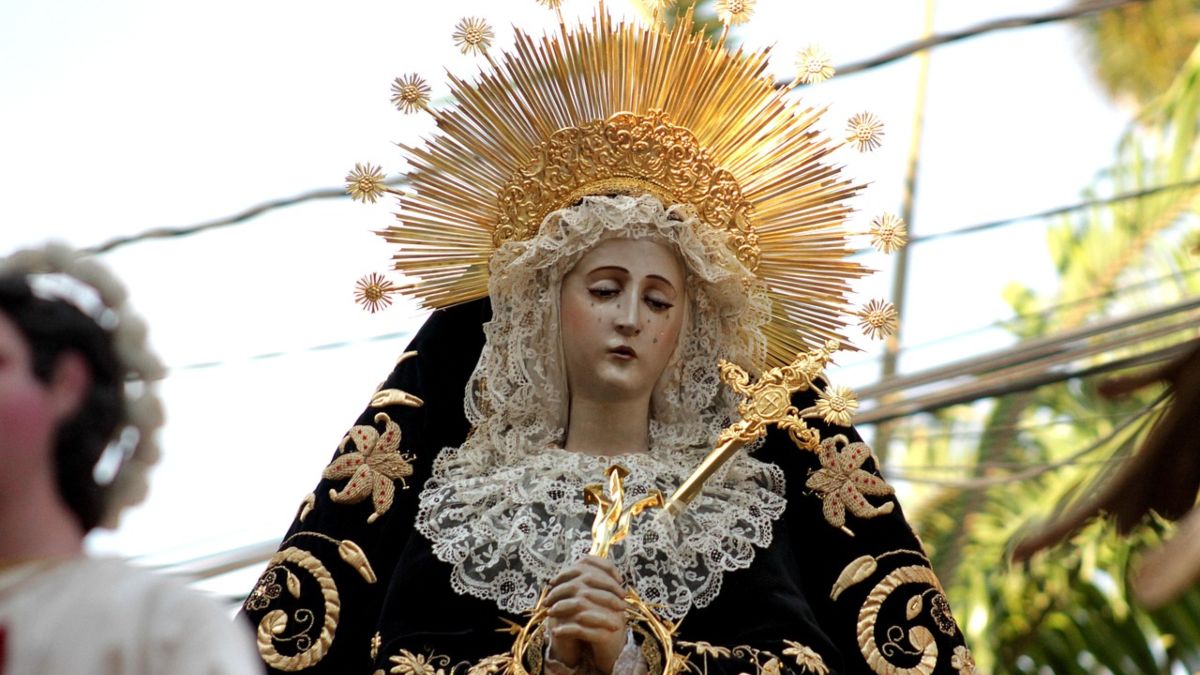A new Guatemala State of Calamity went into effect over the weekend to try to combat the Delta variant of Covid sweeping through the country. Nestor Quixtan takes a look at it and asks if it’s enough or too much.
As the Delta variant takes a foothold in Guatemala, the government has scrambled to put new restrictions in place. This time around, the restrictions are less severe than previous iterations. Call it “lockdown light” if you want.
The new restrictions kicked in on August 15th with typical inappropriate timing, starting right in the middle of Guatemala City’s local fair. While it’s true the actual festivities were already cancelled, restaurants and stores received a sucker punch. Any business dreaming of earning much-needed extra income over the long weekend just gone will have to keep dreaming.
President of #Guatemala Alejandro Giammattei has declared a “state of calamity”, as the country sees a high number of infections and a very low vaccination rate. The Central American nation reported 4,358 new cases in the past 24 hours. https://t.co/EgpzwkMhlB
— Latin America Center (@ACLatAm) August 16, 2021
Moreover, the government’s new measures come on the heels of an uptick in foreign and domestic tourism.
Recently, an influx of tourists from El Salvador has provided a breath of fresh air to several of Guatemala’s most important tourist destinations, including Antigua.
The new measures will almost certainly discourage any more foreign tourism, either from El Salvador or elsewhere.
The most notable aspect of this “lockdown light” is the reinstatement of a curfew. According to the measures, the curfew will last from 9 pm to 4 am. This poses a serious blow to entertainment establishments, particularly those dependent on tourists.
INGUAT, Guatemala’s tourism institute, has also been urging Guatemalans to partake in domestic tourism. They want to encourage Guatemalans to “rediscover their country.” Now domestic tourism will grind to a halt due to the curfew.
But compared to previous restrictions, this lockdown is less stringent than previous one. One note in point is that the new guidelines do not prohibit peaceful protests like we’ve seen before.
Also, the guidelines do not restrict freedom of movement outside of curfew hours. You can go where you like between 4:00 AM and 9:00 PM. President Giammattei has been adamant about protecting people’s ability to work.
So, how effective will this new lockdown be?
The answer is not quite so simple.
On one hand, the government is right not to take any chance with the Delta variant. At the time of writing, the Guatemala Ministry of Health has confirmed 14 cases of the Delta variant. Interestingly, they detected 7 of the 14 cases in fully-vaccinated individuals.
Furthermore, hospitals continue to overflow with COVID patients. The pandemic has stretched the health system well beyond its capabilities. It makes sense to nip the virus in the bud.
#Guatemala has declared a new state of emergency and will soon impose an overnight curfew to contain a surge in #COVID-19 infections due to the #Delta variant.https://t.co/1pm82EJJbl pic.twitter.com/epvypyFUP6
— Al Arabiya English (@AlArabiya_Eng) August 14, 2021
But on the other hand, the restrictions seem a bit light-handed.
First, previous lockdowns put severe restrictions in freedom of movement, like bans on inter-departmental travel. Additionally, they shut down restaurants, shopping malls, and hotels. Local markets could only operate within a four-hour window.
Second, the new restrictions call for a ban on mass gatherings, particularly on “non-essential” events. But they do not specify religious services or sporting events.
Third, President Giammattei was clear on permitting public protests, as long as demonstrators complied with official biosafety guidelines. This specific point comes on the heels of severe criticism following the 15-day state of prevention in July, aimed at curtailing anti-government protests around the country. Giammattei did not want to feel that heat again.
The new lockdown measures have met serious criticism from various sectors. The most outspoken critic has been Vice-President Guillermo Castillo. His calls for a more reasonable approach (meaning ramping up vaccination efforts and bolstering the healthcare system) have fallen on deaf ears.
We take a look at the recent Covid vaccine donations to Central America from the United States. 5.5 million doses since July 8. Who received what?https://t.co/Y7RwTfY1JK
— CentralAmericaLiving (@VidaAmerica) July 21, 2021
There are no clear measures aimed at either of Castillo’s strategies.
Guatemala is low on vaccines. The 4.5 million doses of the Modern vaccine donated by the United States are fast running out. The Sputnik V contract with Russia has no clear solution (Guatemala bought some 8 million doses of Sputnik V, which never arrived. This prompted many to call for Guatemala to demand its money back and led to accusations of corruption. Now Guatemala says it’s renegotiated a new deal with Russia. The whole thing is murky to say the least).
For now, it seems the government has pinned its hopes on an influx of vaccines coming through the COVAX program. According to Our World in Data, a scant 2.95% of Guatemalans are fully-vaccinated. This figure includes frontline healthcare workers, citizens over 65, and essential workers. Even with 12% partially-vaccinated, this still represents the second-lowest amount in Central America. Only Nicaragua fares worse in the region.
The private sector, civil society, and academia are all Castillo’s page, calling for more vaccines and fewer lockdowns.
This puts the Guatemalan government in a conundrum. It must try to save face, especially amid calls for President Giammattei’s resignation over his handling of the pandemic.
Guatemala’s legislative body still need to ratify the new state of calamity. This condition gives the government a little time to plan its next move. If, for some reason, congress refused to ratify the new lockdown, the government will need to move to Plan B.
That would bring about another question: Does a Plan B exist?
Nestor Quixtan is a Canadian/Guatemalan economist, linguist, and writer. He lives in Guatemala City.




